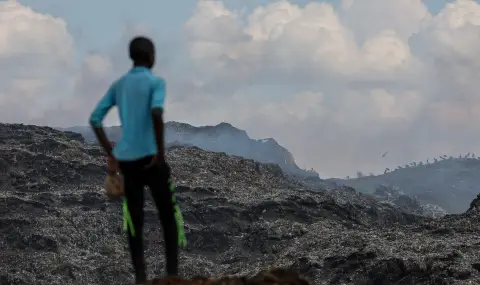Hainan Province successfully hosted the 3rd International Impact Conference of climate change innovation, which was attended by more than 400 people, reported the news portal "Zhongguo Xinwenwang".
The main topic of the forum, held under the motto “Accelerating the formation of partnerships – together we are creating a carbon-free future“, were modern green technologies.
Participants discussed the fight against climate change, which is a challenge for all of humanity. During the discussions, they agreed that the global warming situation does not inspire optimism and practical steps are needed to prevent the negative consequences of this process.
During the conference, two key sub-forums, three plenary sessions and 12 events were held on network technologies in transport, circular economy, carbon market, green supply chains, South-South cooperation, maintaining biodiversity , ESC (Social Environmental Responsibility and Corporate Governance) concept, sustainable urban development, marine farm development, low carbon zones, climate investment and regenerative agriculture.
As the director of the Department of Ecology and Environment of Mao Dongli province noted at the opening of the forum, Hainan is located near the special administrative regions of the PRC - Hong Kong and Macao, close to the markets of the Association of Countries from Southeast Asia. According to the official, such a favorable geographical location allows the creation of an “important regional center” on the island, which will play a key role in the implementation of programs to combat climate change and the formation of a system of new productive forces.
At the conference, leading experts from the State Center for Strategic Studies and International Cooperation in Combating Climate Change of the People's Republic of China, the Asian Securities Industry and Financial Markets Association, the International Council for Sustainable Development Standards, representatives to a number of other organizations, as well as government offices. This event is expected to help form international standards and rules related to the control of the carbon footprint - the mass of carbon dioxide produced as a result of human economic activity.
